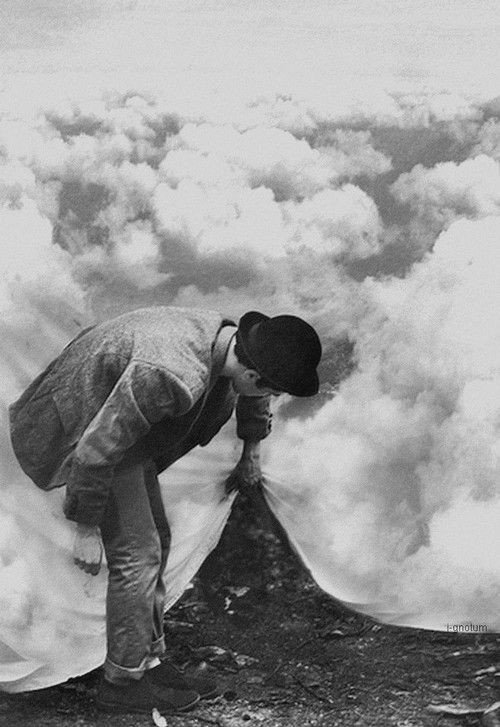Delusion is a captivating mirage of the mind, painting a vivid but false reality that feels incredibly real to the person experiencing it. It's like wandering through a maze of beliefs, where the walls are made of thoughts rather than stone.
Delusion is a word used to describe a strong belief in something that is not true. It's like having a false idea or misconception that feels very real to the person experiencing it. Delusions can be about anything, from thinking you have special powers to believing that someone is out to get you.
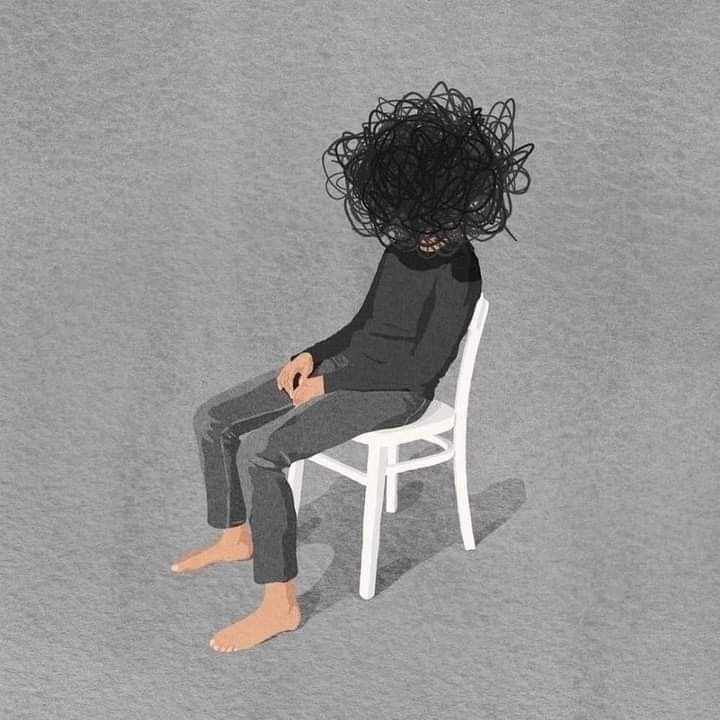
source of photo
One common type of delusion is a paranoid delusion. This is when a person believes that others are plotting against them, spying on them, or trying to harm them in some way. For example, someone might think that the government is watching their every move, even though there's no evidence to support this belief.

source of photo
Delusions can also be grandiose, which means believing you are incredibly important or powerful when, in reality, you're just an ordinary person. This could manifest as believing you're a famous celebrity or that you have a direct line to God.
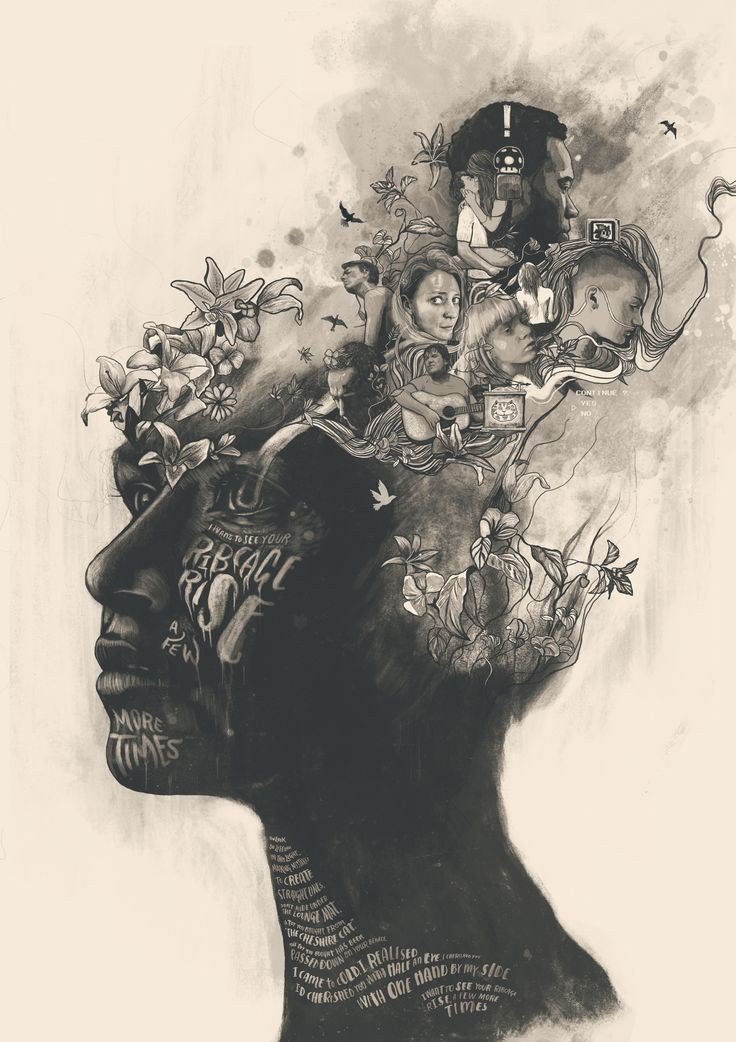
source of photo
Another type of delusion is somatic, where a person believes that something is seriously wrong with their body, even if medical tests show otherwise. They might think they have a rare disease or that their organs are rotting inside them.
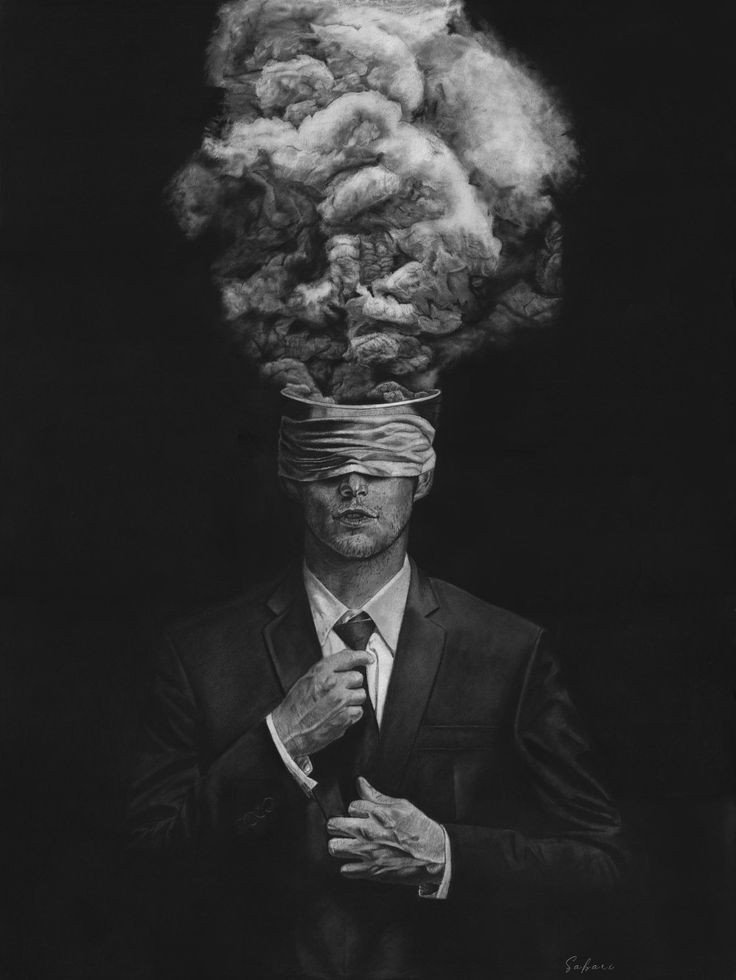
source of photo
Delusions are often a symptom of mental health conditions like schizophrenia, bipolar disorder, or major depression. They can also occur in conditions like delusional disorder or as a result of substance abuse or certain medications.
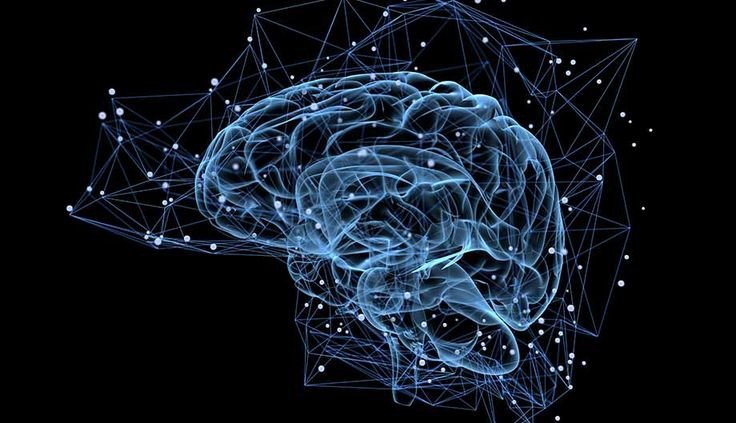
source of photo
It's important to understand that delusions are not just simple misunderstandings. They are strong, fixed beliefs that can be distressing and disruptive to a person's life. They can lead to behaviors that seem odd or irrational to others, such as avoiding certain places or people because of unfounded fears. Treatment for delusions usually involves a combination of medication and therapy. Medications like antipsychotics can help reduce the intensity of delusions, while therapy, such as cognitive-behavioral therapy (CBT), can help a person challenge and change their delusional beliefs.

source of photo
It's also crucial for friends, family, and caregivers to provide support and understanding to someone experiencing delusions. It's not helpful to argue or try to convince them that their beliefs are wrong. Instead, showing empathy, listening, and encouraging them to seek professional help can make a positive difference.

source of photo
In summary, delusion is a strong belief in something that is not true. It can take different forms, such as paranoid, grandiose, or somatic delusions, and is often a symptom of mental health conditions. Treatment involves medication and therapy, while support from loved ones is crucial in helping someone cope with delusional beliefs.
